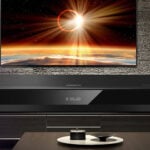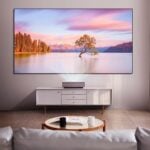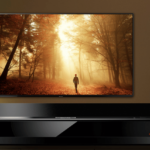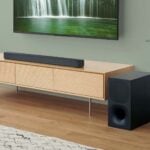I just bought the Cerwin Vegas VE12 and I need to know what I should get for a really good reciever for them. They are 300 watts each and I just am now building my dream system. I mean my iPod sounds good but I want to have a really good stereo system that the whole block can enjoy. lol. j/k. Any suggestions?
Edited by Dean Krouse - 7/14/2009 at 08:05 pm GMT
Edited by Dean Krouse - 7/14/2009 at 08:05 pm GMT





